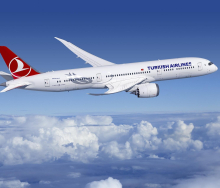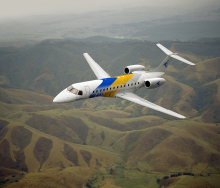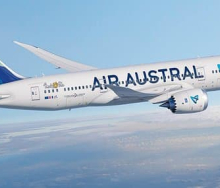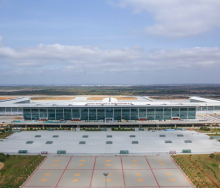Artificial intelligence is impacting airline operations, moving into more areas, from ticket sales and fuel management to cockpit operations.
According to Bloomberg, Air New Zealand and Qantas rely on software to determine fuel-efficient flights paths and avoid stops, while Fortune reports that SWISS, Lufthansa, Delta, JetBlue and American Airlines have begun to use AI, including forecasting models developed by Google Cloud.
Software programs help pilots avoid extreme weather and instruct them to fly slower, incorporating mapping software designed to improve according to use.
Austrian software development company Flightkeys helps calculate 380 000 flights plans on a daily basis. The goal is to meet the requirements of cost-optimised airline operations, trajectory-based operations and reduction of emissions.
Flightkeys co-founder Raimund Zopp says: "It’s so complicated to find an optimum route when the systems in the aircraft are not capable of doing this. You need a system on the ground collecting a lot of data and then trying to find the minimum-cost solution. There are so many constraints and parameters that need to be considered and you have to apply machine learning to correctly apply these constraints.”
With fuel management, AI has the ability to predict very precisely what route needs to be taken, where the fuel needs to be, and how much is being burned, says Warren Barkley, senior director of product management at Google AI technology.














